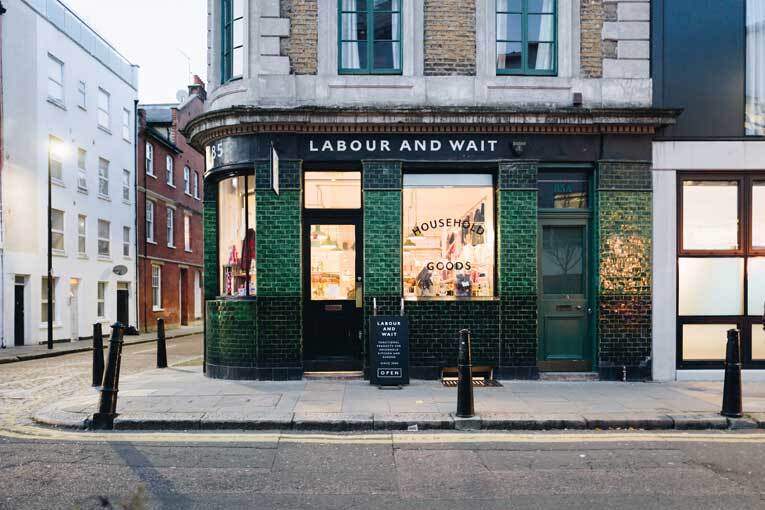Want to take card payments in person? Then you’ll need an EPOS solution. Today, businesses of every size can benefit from new and disruptive entrants to the EPOS market that make taking card payments simple wherever your business operates. Make sure you read our merchant services reviews for additional information.
Compare Point of Sale Systems
Reviews
Monthly fee from
£0
Industry
Retail, hospitality
Customer support
Mon-Fri phone support
1751 reviews
Source: Trustpilot
Score: 4.1/5
Monthly fee from
£0
Industry
Retail, hospitality
Customer support
Mon-Fri phone support
3001 reviews
Source: Trustpilot
Score: 3.4/5
Monthly fee from
£0
Industry
Retail, hospitality
Customer support
Mon-Sat phone support
3481 reviews
Source: Trustpilot
Score: 3.6/5
Monthly fee from
£26
Industry
Retail, hospitality
Customer support
24/7 phone support
659 reviews
Source: Trustpilot
Score: 4.2/5
Monthly fee from
$69
Industry
Hospitality
Customer support
24/7 phone support
200 reviews
Source: Trustpilot
Score: 4/5
Monthly fee from
£13
Industry
Retail, hospitality
Customer support
24/7 phone support
3187 reviews
Source: Trustpilot
Score: 4.9/5
Monthly fee from
£25
Industry
Retail, hospitality
Customer support
24/7 phone support
9988 reviews
Source: Trustpilot
Score: 4.4/5
Monthly fee from
$29
Industry
Retail
Customer support
24/7 phone support
0 reviews
Source: N/A
Score: /5
Our comparison table includes providers that we receive commission from. Our table is ordered according to our commercial arrangements.
Our guide to EPOS systems
If you want to take card payments in person, you will need an electronic point of sale (EPOS) system. EPOS services not only carry out the work of accepting and processing the payments themselves - they also help you keep track of money taken, and allow you to record payments against the relevant transactions.
Good EPOS solutions will allow you to keep track of what you’re selling, and when. They will also interact seamlessly with other systems you might have in operation, such as separate bookkeeping software. In addition, EPOS providers increasingly offer added extras such as inventory management, staff management, and customer loyalty schemes.
However, not all EPOS systems are born equal. There’s a range of factors you’ll need to consider when choosing your EPOS solution, ranging from price to functionality.
What does EPOS consist of?
There are three key parts of any EPOS system: the hardware; the software; and the payment processing system.
The hardware is the physical device you use to take card payments. Increasingly these devices are hooked up to iPads or other tablets. This is where the software runs. On that software you’ll likely be able to input the products or services you’re selling and their price, and you can send transactions directly to the card machine. This software may also integrate with other packages you’re running. Finally, the payment processing system is where the real work happens: it’s the ‘back end’, where the card payments are taken and eventually transferred into your bank account.
There’s a wide range of EPOS solutions on the market today. So how do you choose the best one for your business?
How do I choose an EPOS solution?
• Cost (initial and ongoing). Cost is obviously a primary consideration when choosing your EPOS solution. However, working out the actual cost of your choice can be more complex than it first appears. Your total outgoings will likely be split into the following categories:
- Upfront equipment cost. The hardware you need depends on the type of business you run. Typically it will comprise a visual display unit such as a tablet, a card machine, a receipt printer, and a till for cash. The cost of a basic card reader starts at around £30 but for a complex card machine this can rise to as much as £1000.
- Equipment rental. Alternatively, you may pay a monthly rental charge for the physical equipment.
- Software fees. You may also be charged a recurring fee for the software associated with your EPOS.
- Payment processing. Some EPOS providers require that you use them to also process your payments, while others will leave you free to use a processor of your choice. The choice you make is important as transaction fees can vary significantly between different merchant service providers. For more information, read our guide to Merchant Services Providers.
- Setup costs. Finally, you should remember to include any setup costs involved in getting your system up and running. These might be more difficult to estimate - for example, you should make sure that you consider the man hours involved in installing your system and training your staff in its use.
• Functionality. You’ll want to make sure that your EPOS hardware can take as many different transaction types as possible. At the very minimum, it should be able to accept both Chip and PIN and contactless payments. In addition, you should think about NFC payment types such as Apple Pay. Remember, too, that American Express transactions are treated differently - if you’re in doubt about these, check with your provider.
• Interoperability. It’s important that your EPOS solution ‘plays nicely’ with your other software. It may be that you’re using separate accounting software such as Sage or Xero. Make sure that your EPOS software is compatible with any other solutions you’re running.
• Additional software extras. Finally, it’s worth thinking about the huge range of additional extras that are now available with EPOS software. For example, it’s increasingly common for EPOS providers to also offer things like loyalty schemes, which can be particularly useful if you’re running something like a coffee shop or bar. Remember that these extras can pay dividends in the long run, so make sure you understand what’s on offer.
What if my business moves around?
In the past, EPOS systems were generally large and bulky, and designed to stay in one place - for example on a bar or counter. Today, however, there is a range of solutions available for mobile businesses of every type. For example, if you’re a tradesperson who visits clients or customers, you will be able to find an EPOS system that’s small enough for you to carry around while you travel, and take card payments as you go.
Many of the most attractive small options are offered by newer payment providers such as iZettle, Square, or SumUp. They’re often simple to use, and offer transaction packages that make financial sense whether you’re carrying out dozens of transactions a month or just a handful.










